
Home
Publications
Publications
Showing 0 to 0 of 0 results
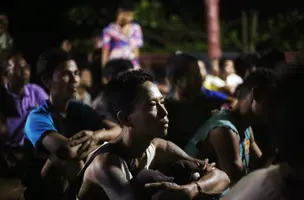
Statements
2025-07-02T09:21:44
ASEAN Foreign Ministers Must Act Now to Free Myanmar’s Political Prisoners, Say Southeast Asian MPs
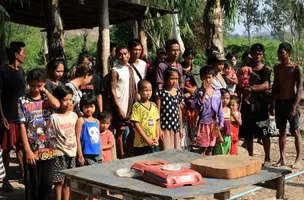
Statements
2025-05-30T10:03:16
ASEAN’s Statement on Expanded Ceasefire Falls Short; Myanmar Crisis Needs Concrete Measures, Says APHR
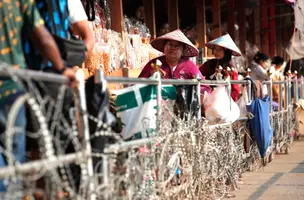
Statements
2025-03-25T13:26:43
APHR Applauds Thai Parliament’s Initiative on Myanmar Crisis and Calls for Unified, Gender-Inclusive Peacebuilding
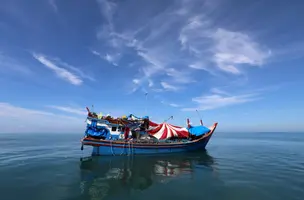
Statements
2024-10-25T14:24:53
APHR Urges Indonesia to Act Swiftly to Protect Stranded Rohingya Refugees
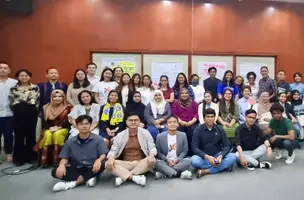
Statements
2024-09-09T09:16:11
ASEAN to develop a Regional Refugee Protection Policy and Mechanism, Rohingya Community in Malaysia say

Statements
2024-09-09T09:09:29
Recommendations from Regional Consultation to Strengthen the Advocacy for Rohingya
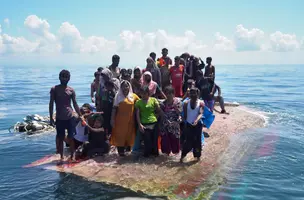
Statements
2024-08-25T11:54:08
Southeast Asian MPs stand in solidarity with the survivors of the Rohingya genocide
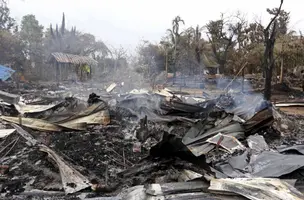
Open Letters
2024-06-28T08:27:24
Joint Open Letter to the UN Security Council on the escalating crisis in Rakhine State

Podcast
2024-06-25T17:13:21
ADVOCATE: Myanmar, Rohingya, and What ASEAN Can Do with U Shwe Maung
TOP
ASEAN Parliamentarians for Human Rights (APHR) was founded in June 2013 with the objective of promoting democracy and human rights across Southeast Asia. Our founding members include many of the region's most progressive Members of Parliament (MPs), with a proven track record of human rights advocacy work.
Copyright © 2024-2025 All Rights Reserved - ASEAN Parliamentarians for Human Rights (APHR)
Website by Bordermedia